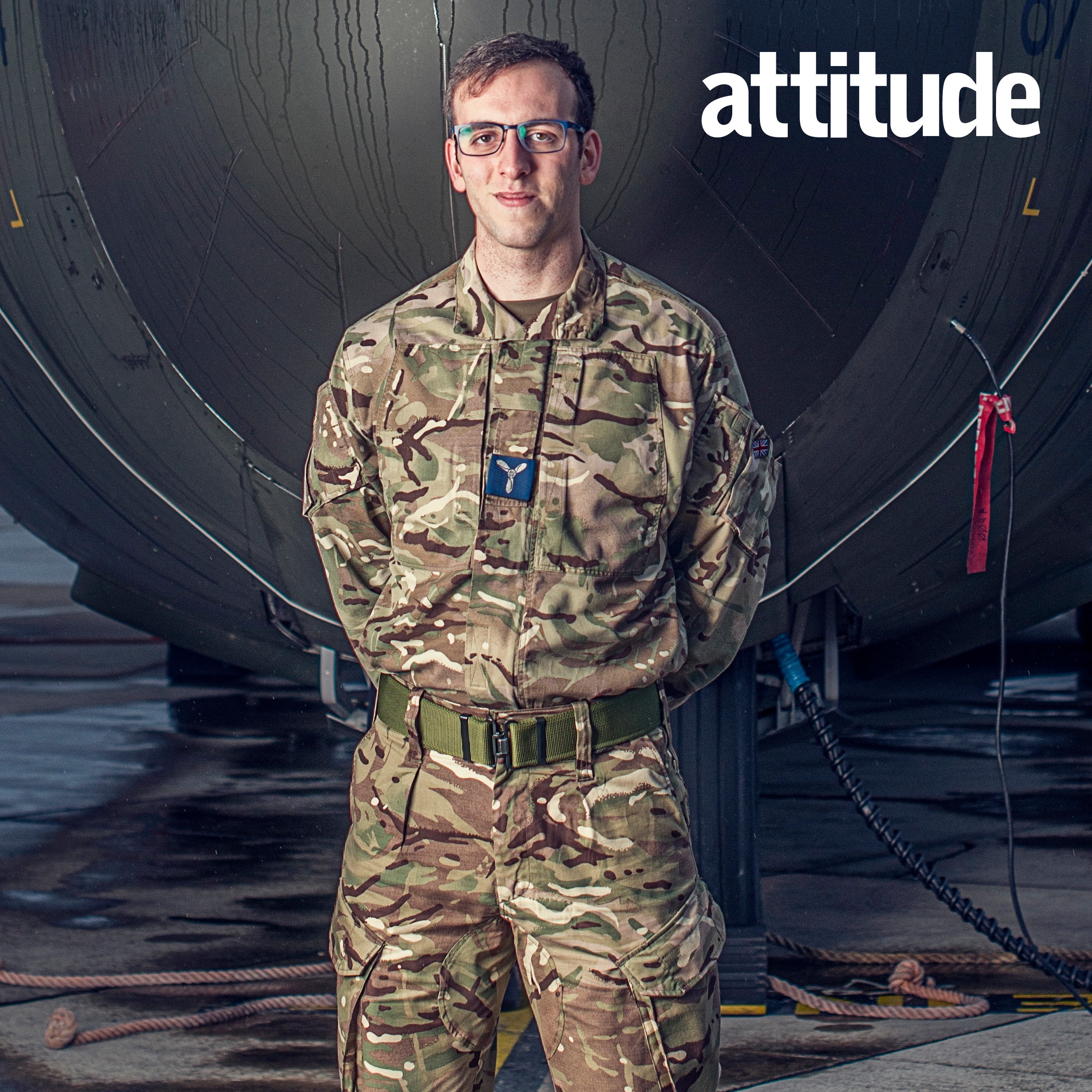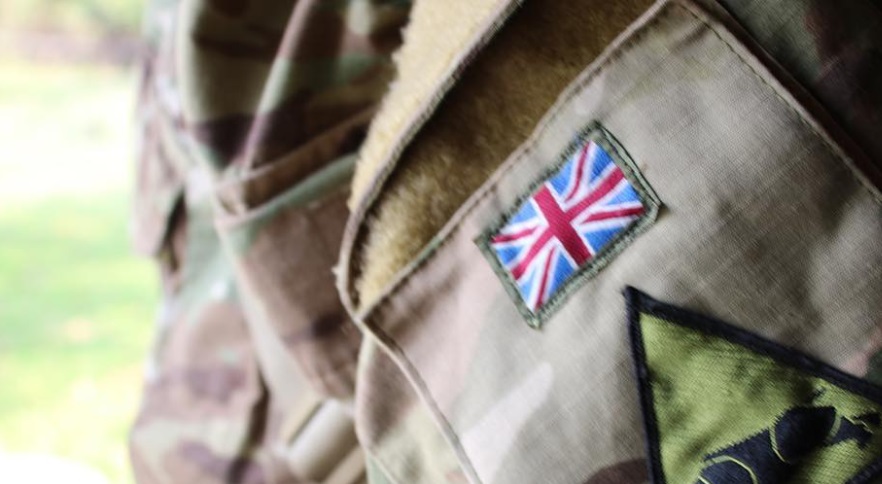What’s life like for LGBTQ people in the military 20 years after the ban was lifted?
The ban on LGBTQ people serving in the British Armed Forces was lifted on 12 January 2000.
By Will Stroude
This article was first published on 12 January 2020 to mark the 20th anniversary of LGBTQ people being allowed to serve openly in the British military.
20 years ago today, on 12 January 2000, the ban on LGBTQ people serving in the British military was finally lifted.
The move by Tony Blair’s Labour government folowing a ruling by the European Court pf Human Rights brought to an end decades of persecution which saw hundreds – if not thousands – of gay, bisexual, lesbian and transgender service personnel outed, ejected from then British Armed Forces and often stripped of medals, simply because of who they loved or how they identified.
As the government apologises for the historic treatment of the LGBTQ military personnel for the first time, we meet Royal Air Force serviceman Michael Pattison, who reveals what life in the military is like two decades after the ban was lifted.
29-year-old Michael, who identifies as bisexual faced bullying and harassment from both teachers and peers as an adolescent, but says he has faced no such issues since joining the RAF as an administrator four years ago.

Photography: Markus Bidaux
“As a bisexual man, I’ve also found it very accepting. I’ve never been victimised because of my sexuality, whereas in my childhood I was subjected to relentless insults and abuse, with fresh cuts and bruises every day”, he says.
“I still have scars from some of the bullying. I tried to be invisible as it was easier to get through a day when no one knew I existed. Beyond the physical stuff, I was told that I was a freak and was made to feel worthless.”
Michael goes on: “I decided I wanted a job where I could do some good, while having an opportunity to develop and being paid enough to afford my rent.
“The military ticked all those boxes: it’s primarily about supporting and protecting this country and is constantly involved with humanitarian aid around the world.

“It gives personnel access to some of the best personal development opportunities in the world and comes with job security.”
Michael, who lists marching in the Pride in London parade with his RAF colleagues as “one of the highlights” his career, joined the RAF’s LGBT+ network a year after joining the military.
“The benefits of having a military where all are welcome and can fit are numerous”, he explains.
“First, it will function better than one that excludes, with people they can’t trust, or feel unsafe around, the people they need to rely on.

Photography: Markus Bidaux
“If you are in a place where your main concern is that you need to be on guard and protect yourself from your management and colleagues, you aren’t going to function to your highest ability.
“And when it comes to simply not allowing people in, that’s a lot of talent and ability that you are saying you can do without.
He continues: “You just have to look at history or at different elements of society to work out how bad an idea that is.
Special day as we kick off a weekend of celebrations to mark 20yrs since lifting the ridiculous ban on LGBT+ people serving in the military. I’m sorry for the experiences you had pre 2000; our Military is far better, far more effective, and better reflects our values, with you. pic.twitter.com/amWfMNqBX5
— Johnny Mercer (@JohnnyMercerUK) January 9, 2020
“I’ve met plenty of amazing people telling me stories of how it used to be, before LGBTQ people were allowed to serve openly, and it seems to be a different military now.
“Change has always been by small steps, but the difference between then and today is massive. People can now feel comfortable and not have to hide themselves. I get encouraged to be open about myself and the level of support is amazing.
“The idea that my sexuality might be a problem doesn’t seem to cross anyone’s mind.”
